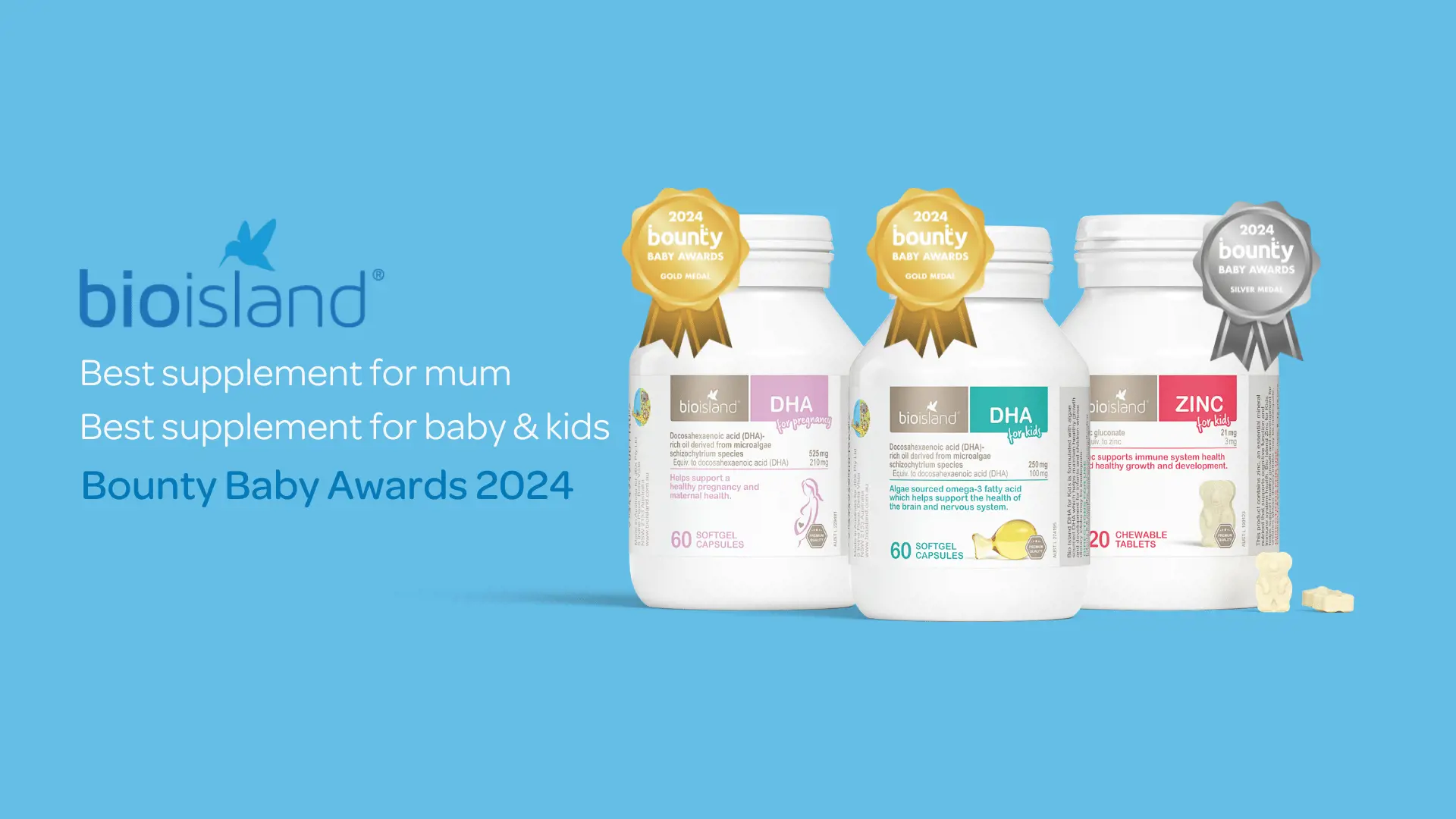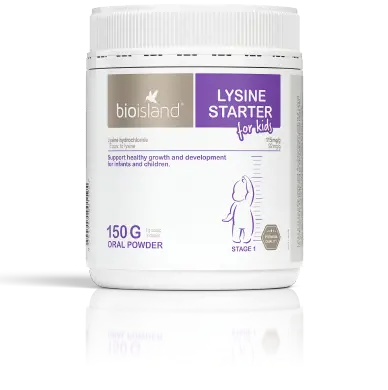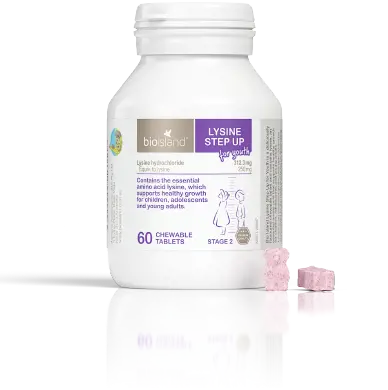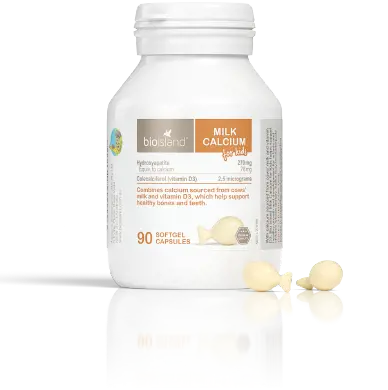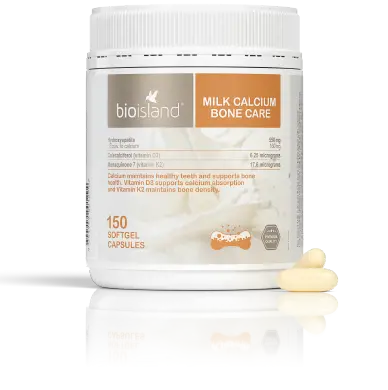
Lysine and the importance of proteins throughout life
Lysine is an amino acids and amino acids are the building blocks of protein.
Health Support
By Bio Island Nutrition Team
WHAT IS LYSINE AND WHAT ROLE DOES IT PLAY IN OUR BODIES?
Lysine is an amino acid which cannot be produced or synthesised by the body and therefore must be obtained via the diet or supplements. Amino acids are the building blocks of protein used for protein synthesis and as a dietary energy source.
Aside from its function as an amino acid, lysine plays many different roles within our bodies, including its antiviral properties which makes lysine so well know. Other functions of lysine include calcium regulation and absorption as well as collagen synthesis.
Adequate protein throughout life is important as our bodies use amino acids to build and repair muscles, bones, cartilage, skin and tissue. This is extremely important during times of increased growth such as childhood and pregnancy but also equally as important as we get older to help maintain muscle function, energy balance, cardiovascular function and weight management
WHAT IS THE RECOMMENDED DAILY INTAKE (RDI)?
In Australia, there is no set recommendations for individual amino acids such as lysine, however Recommended Daily Intakes have been set for protein, based on age and gender.
|
Boys & Girls |
1-3 years |
14g/day |
|
Boys & Girls |
4-8 years |
20g/day |
|
Boys |
9-13 years |
40g/day |
|
Girls |
9-13 years |
35g/day |
|
Boys |
14 – 18 years |
65g/day |
|
Girls |
14-18 years |
45g/day |
|
Men |
19-70 years |
64g/day |
|
Women |
19-70years |
46g/day |
|
Pregnant Women |
14-18 years |
58g/day |
|
Pregnant Women |
19-50 years |
60g/day |
|
Lactating Women |
14-18 years |
63g/day |
|
Lactating Women |
19-50 years |
67g/day |
HOW DO I GET LYSINE? WHICH FOODS ARE HIGH IN LYSINE?
As lysine is an essential amino acid, it can only be obtained via diet. Animal proteins including meat and poultry offer the best sources of lysine in the diet, though lysine can also be found in eggs, beans and dairy products such as milk
WHAT ARE THE SIGNS OF A LYSINE DEFICIENCY?
In children, a lysine deficiency will often present as decreased growth and immunity, learning difficulties or attention deficits, poor wound healing and skin disorders such as eczema and scaly dermatitis.
Similarly, symptoms of a protein deficiency included increased risk of infection, skin, hair and nail problems, loss of muscle mass and decreased growth.
IS LYSINE TOXIC? ARE THERE ANY SIDE EFFECTS FROM EXCESSIVE CONSUMPTION?
There are no know toxicity effects of lysine however doses greater than 10-15g per day of lysine may cause nausea, vomiting, diarrhoea or other gastrointestinal discomfort. Excessive protein consumption may cause similar effects as well as dehydration, exhaustion, irritability, and headaches.
This information does not take into account your personal situation and is general in nature. You should consider whether the information is appropriate for your needs and seek professional medical advice.
Always consult your healthcare professional before taking any supplements or if any concerns arise.


